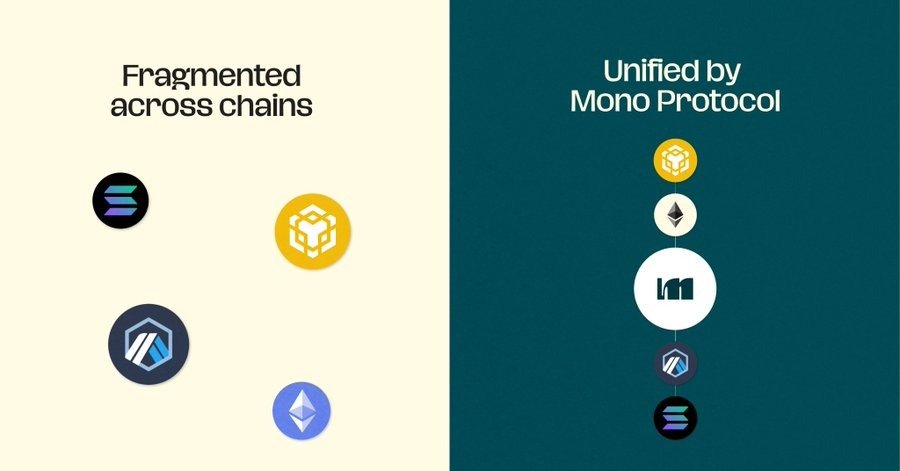- Mono Protocol steps into this environment with solutions designed to reduce friction and make multi-chain activity easier.
- Mono Protocol recently passed its full smart contract audit with CertiK, a widely respected blockchain security firm.
- The Mono Protocol presale continues to see strong participation, bringing the total raised to $3.75M so far.
Many users still struggle with the complexity of blockchain transactions, cross-chain tools, and fragmented web3 experiences.
These challenges affect adoption across the wider crypto presale space and limit how people interact with DeFi platforms.
As demand rises, users look for the next potential big presale crypto that solves these everyday issues.
Mono Protocol steps into this environment with solutions designed to reduce friction and make multi-chain activity easier.
Interest in the presale crypto stage has continued to grow as the project gains visibility across the crypto presale list and broader cryptocurrency presale discussions.
Blockchain usability and chain abstraction are redefining Web3
The shift toward better usability is becoming essential across the top presale crypto market.
Many teams building in blockchain face similar issues: complex infrastructure, confusing routing, and high development costs.
Mono tackles these challenges by offering tools that let developers build apps that just work.
This direction supports the growing interest in new crypto presale platforms focused on function instead of noise.
Developers save time and reduce expenses because they no longer need to build cross-chain infrastructure from scratch.
The system manages routing and execution so teams can focus on product design and quicker shipping.
This aligns with trends seen across crypto ICO presale discussions as builders aim to create smoother user experiences.
Mono also introduces transaction fee configuration, helping teams generate revenue while offering users dependable execution and MEV protection.
As web3 adoption grows, this type of clean, reliable process supports the rise of strong presale ICO projects and helps shape what the community expects from a next potential big presale crypto.
Rewards hub that simplifies earning in the crypto presale journey
Mono’s Rewards Hub acts as the central space where users complete tasks during the presale crypto stage.
It includes social quests, referral steps, and presale challenges that reward participants with promo codes.
These codes can be redeemed for bonus MONO once connected through a supported wallet, giving users a simple path to engage with the presale process.
The clear structure helps new users navigate web3 interactions without confusion.
By making each step easy to follow, the system supports growth across cryptocurrency presales and gives users an active role in the process.
This approach has made Mono stand out among crypto presale projects that aim to streamline participation.
As users complete quests and claim their promo codes, bonuses are delivered directly as MONO.
This strengthens involvement within the top presale crypto market and shows how clean design can improve presale experience across the broader blockchain ecosystem.
CertiK audit complete
Mono Protocol recently passed its full smart contract audit with CertiK, a widely re




